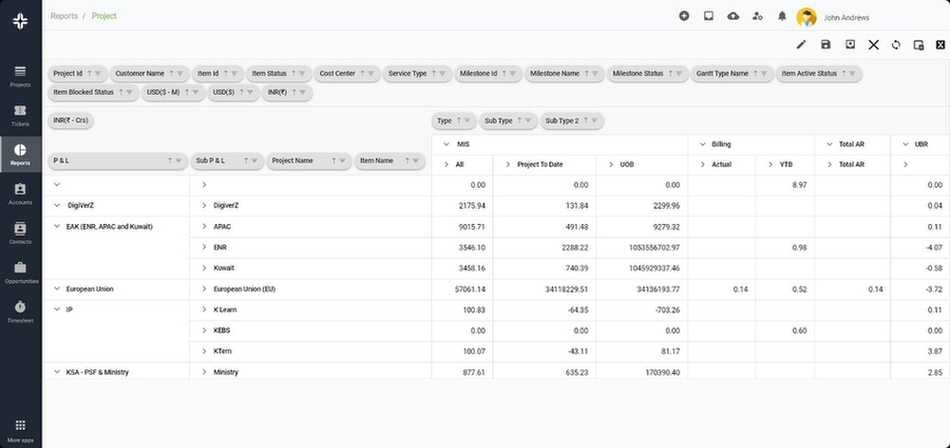Home » PSApedia
Estimate to Project Completion
From Estimate to Project Completion, Stay On Budget and On Time.

What is Estimate to Project Completion?
Estimate to Project Completion (EPC) is a metric used in project management to forecast the time and resources required to finish a project based on current progress and performance.
It provides a snapshot of the project’s health, indicating whether it’s on track to finish within the allocated time and budget. This metric is crucial for project managers and stakeholders to make informed decisions and adjustments as needed.
Importance of Estimate to Project Completion
Understanding EPC is vital for several reasons:
1. Resource Allocation: It helps in determining if additional resources are required to complete the project on time.
2. Budgeting: By forecasting the completion time, organizations can better manage their budgets and avoid overspending.
3. Stakeholder Communication: EPC provides a clear picture to stakeholders about the project’s status, ensuring transparency and trust.
4. Risk Management: Early identification of potential delays allows for proactive risk management.
In the realm of Professional Service Automation (PSA), EPC plays a pivotal role in ensuring projects are delivered efficiently, maximizing profitability.

Importance of Estimate to Project Completion
How to Calculate Estimate to Project Completion?
Formula:
EPC = (Total Project Hours−Hours Worked to Date) / Average Hourly Completion Rate
Example:
Imagine a project with a total estimated duration of 100 hours. After 40 hours of work, you’ve completed 50% of the project. The average hourly completion rate is 50% / 40 = 1.25%. Using the formula:
EPC=(100−40)/0.0125=4800 hours
This means, at the current rate, it would take an additional 4800 hours to complete the project, indicating a significant issue with the project’s progress.
Difference Between Estimate to Project Completion and Other Metrics
Understanding these differences is crucial for effective project management. EPC is often compared with other project management metrics:
1. EPC vs Earned Value (EV): While EPC focuses on time and resources required to complete a project, EV measures the project’s performance and progress in monetary terms.
2. EPC vs Actual Cost (AC): AC represents the costs incurred for the work performed during a specific period, whereas EPC predicts future resource requirements.
| Metric | Description | Key Difference from ‘Estimate to Project Completion’ |
|---|---|---|
| Estimate to Project Completion | The projected time or cost required to complete a project. Focuses on forecasting the overall project timeline and cost. | Focuses on forecasting the overall project timeline and cost. |
| Planned vs Actual | Compares planned project parameters with actual results. Emphasizes the variance between initial plans and real outcomes. | Emphasizes the variance between initial plans and real outcomes. |
| Earned Value (EV) | Measures project progress by comparing work performed to budget. Evaluates how efficiently work is being completed relative to cost. | Evaluates how efficiently work is being completed relative to cost. |
| Resource Allocation | Manages the allocation of resources to tasks and projects. Concerned with optimizing the allocation of personnel, equipment, and materials. | Concerned with optimizing the allocation of personnel, equipment, and materials. |
How Estimate to Project Completion is Used?
EPC is used in various ways:
1. Project Monitoring: Regularly calculating EPC allows project managers to monitor progress and make necessary adjustments.
2. Decision Making: EPC can influence decisions like hiring additional resources or reallocating existing ones.
3. Stakeholder Reporting: Regular updates on EPC can be shared with stakeholders, ensuring transparency.
Ready to Optimize Your Estimate to Project Completion?
KEBS, a leading PSA software, offers tools to help businesses optimize their EPC. With KEBS project management tools, track your project’s progress in real-time. Allocate resources efficiently using KEBS resource management solutions.
Ensure your project stays within budget using KEBS finance management software. With KEBS timesheet solutions, ensure accurate time tracking for better EPC calculations.

KEBS Project Management
Ready to optimize your EPC? Contact KEBS today or request a demo to see how KEBS can transform your project management processes.



